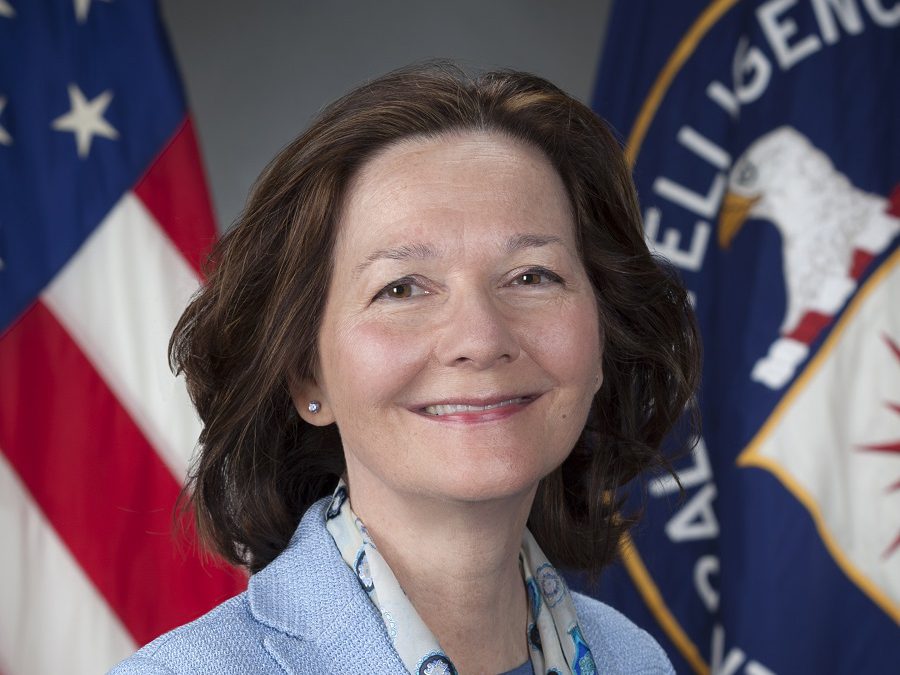WASHINGTON- President Donald Trump’s nominee for CIA director, Gina Haspel, is facing substantial pushback from lawmakers who are troubled by her one-time involvement in the agency’s controversial former torture program
Haspel was nominated on Tuesday to succeed Mike Pompeo as head of the premier spying agency after Trump picked Pompeo to replace Rex Tillerson as Secretary of State. However, some Democratic and Republican lawmakers are troubled by her involvement in the Bush administration era enhanced interrogation program, which included waterboarding and other coercive interrogating techniques.
In 2002, Haspel headed a CIA black site code-named “Cat’s Eye” in Thailand, where two al Qaeda members Abu Zubaydah and Abd al-Rahim al Nashiri were tortured and interrogated.
Haspel assumed leadership of the prison in October of that year, after the interrogation of Zubaydah, but before al Nashiri arrived in mid- November, according to a New York Times report.
Nashiri and Zubaydah were repeatedly waterboarded and deprived of sleep at the secret interrogation site before they were transferred to the detention camp at Guantanamo Bay, Cuba, where they are currently being held.
After public outcry over the CIA’s torture program, Haspel allegedly ordered the destruction of videotapes showing the torture of detainees held in U.S. custody.
Despite the scrutiny of her role in the now illegal program, Haspel, currently the CIA deputy director has received several awards, including the Presidential Rank Award. She has also been praised by colleagues, including John Brennan, the former CIA director under President Barack Obama. .
Brennan said Haspel “has a lot of integrity, she has tried to carry out her duties at the CIA to the best of her ability, even when the CIA was asked to do some very difficult things in very challenging times.”
Nonetheless, lawmakers across the aisle have expressed their opposition to Haspel’s nomination since President Trump announced it on Twitter. .
Sen. Elizabeth Warren, D-Mass., and other Democrats have publicly called Haspel unfit to lead the CIA primarily because of her participation in the torture program.
“Torture doesn’t just violate our values, it jeopardizes our national security and puts our military at risk,” Warren said.
Sen. Rand Paul, R-Ky., a libertarian, said that Haspel’s “gleeful enjoyment at the suffering of someone being tortured,” makes her unfit for the role.
However, Senate Majority Leader Mitch McConnell, R-Ky., described Haspel as “perfectly qualified” and urged the Senate to swiftly confirm her nomination.
This is not the first time lawmakers have been hesitant to publicly support Haspel. In 2013, Congress blocked Haspel’s nomination as director of the National Clandestine Service, which conducts covert CIA operations.
Away from Capitol Hill, human rights organizations such as the American Civil Liberties Union are protesting president Trump’s controversial pick and are demanding that the CIA declassify all information relating to Haspel’s role in the enhanced interrogation program.
“The Senate [and] the American people should know the full extent of her role in one of the darkest chapters in modern American history,” said Christopher Anders of the ACLU.
Haspel’s role in a dark chapter of the nation’s history might hinder her from becoming the first female director of the CIA in the agency’s 71-year history.

